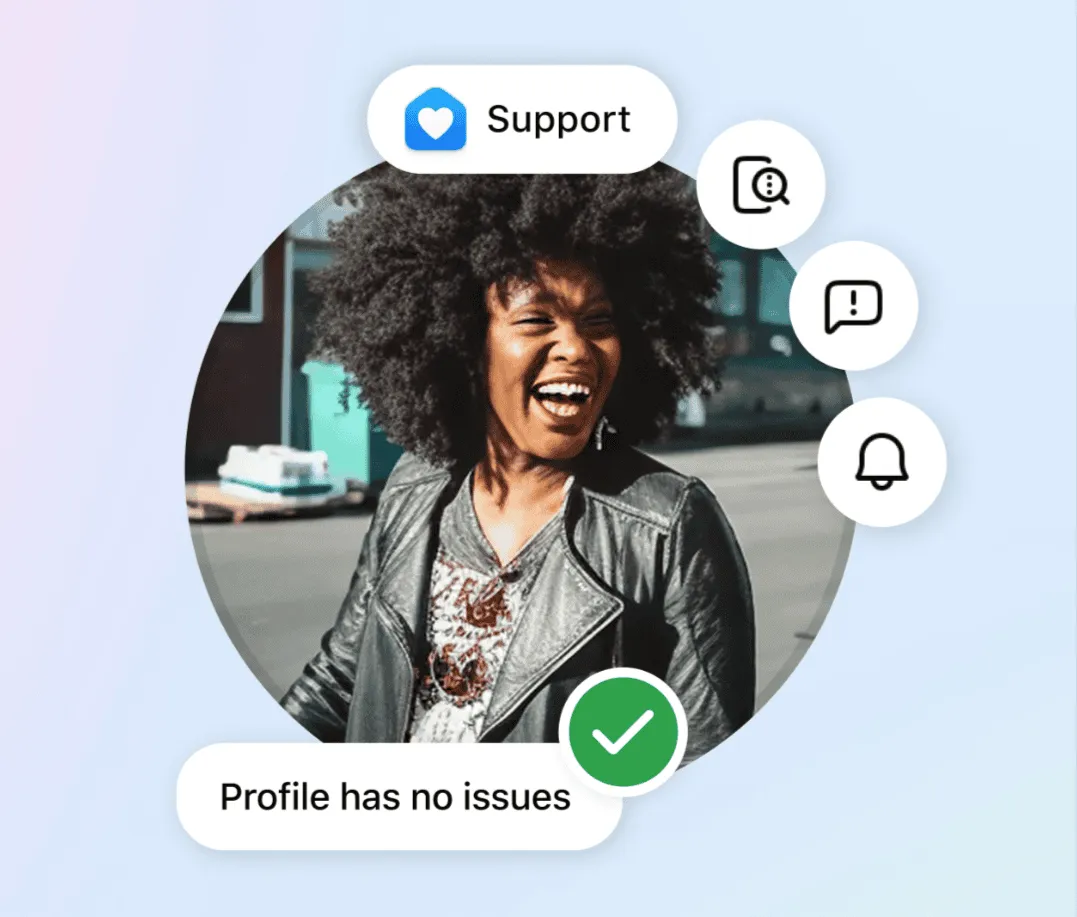In the past, when you called someone and the person was not home, a voicemail greeted you. It said that they must be away from the house and will call you when they returned. Then, cell phones came along. When that person was not home and did not answer their cell phone, the message changed. Now that person apologized for being away from their phone and said they would call you when they returned to it.
As time went on, you would call the person, get their voicemail, and be greeted with a text. They were not away from their phone but could not talk now or could only do so through texting. You have disrupted what they are doing. They are prepared, however, to tend to your needs, no matter how trivial. With their phone by their side, they are not only reachable, but they desire to be reached.
In doing so, carrying their phone wherever they go, they have surrendered their time and set a precedent. If I want to contact them and they are always available, I will call whenever I want to talk to them. They do not control their time. I do.
And the more readily available they are to tend to my needs, the more heavily I will rely on them to fulfill them. Their phone displays the time, but has no concept of what that is. It works from decision to decision, from number punch to number punch. Only one call can be taken at a time but two can be received.
Meanwhile, text message and voicemail alerts go off in the background. To keep up with the notifications, the person must surrender their time to the device and the people on the other end, rather than dictating the time they can be reached.
There is no such thing as dinnertime, when you can be reached all the time.
The Ecstasy of Information
Our always-on mentality fools us. It makes us think that we are capable of living in the now, but we do so at the sacrifice of the moment. As Douglas Rushkoff explains in his book Program or Be Programmed, digital technologies are biased away from real-time communication. In the early days of the web, message boards flourished. For the first time, they enabled people to slow time down. They surveyed the forms, found a thread to reply to, and carefully constructed a reply or rebuttal. Email, on the other hand, allowed users to speed communications up.
At first, incoming messages warranted deliberate and careful responses. Once internet connections accelerated and emails could be responded to as quickly as they were sent, users started to react to emails in the place a response. Much like phone calls, instead of dictating the time to respond, users surrendered their time. They replied right now. Only seconds elapsed and the person on the other end receives a reaction to their message. To keep pace, they react too.
The brevity of the exchanges lack substance. Even the act of saying thanks becomes a waste of breath. The more rapidly each user the responds the stronger they enforce the precedent that they will respond and right now.
The moment—the thing actually happening—takes a backseat to the illusion of user efficiency. Neither taking part feels they have the right to dictate the incoming stream of communications. Instead of getting out of the water, they swim faster but never get ahead of the current. Worse yet, users grow addicted to very thing they are trying so hard to fight. The act of checking for new messages and receiving them induces rewards. Like a slot machine, users pull the lever and desperately hope a few emails fall out. Some messages are despised, like one from the boss. Others could be one they had been waiting for. Each time they check and it is not received, displeasure looms; once gotten, ecstasy floods.
An Endless Flow of Music
Similar to digital technologies, fans have opted for an always-on approach to music consumption. In the place of deliberate and careful listening sessions, the headphones from the iPod never leave their ears. Music drapes over all tasks.
The more focused they become on the activity in front of them, the less they listen. Silence, the presence of one's own thoughts, breeds discomfort.
Every free moment, walk, or activity has the potential to be made better by music. Perhaps moments improve, not exclusively due to the quality of the songs themselves but because of how they enable the person to transcend their current environment. During some activities, the sounds comfort fans. In others, the very presence of the music increases the likelihood that they will reach "flow."
Proposed by positive psychologist Mihály Csíkszentmihályi in his breakthrough studies, flow represents "a mental state of operation in which a person in an activity is fully immersed in a feeling of energized focus, full involvement, and success in the process of the activity." The world and time in general fall away.
The music enhances their ability to concentrate. All of their mental energy diverts to learning and performing. Always-on music has benefits that outweigh the negatives in this situation. However, is it possible that there are drawbacks too?
With the introduction of the iPod, social critics argued that it turned pedestrians into zombies. They fully immersed themselves in the experience of walking and became oblivious to the changes in their environment, increasing the potential for accidents. Listening to music is not a choice as much as it is a given.
Like the pulse and thump of our phones, the personal music experience causes users to surrender time, albeit, more intentionally. In one case, intellectual engagement lessens and in the other, it has the possibility of being increased.
In regards to our digital technologies, Rushkoff says that by being "always-on," we surrender time to devices that know or need no such thing. It is hard to say what users surrender by keeping their music players continuously playing.
Maybe there is no such thing as listening when you hear music all the time.
Do we surrender anything by leaving our music always on?––
This post was inspired by Douglas Rushkoff's book Program or Be Programmed: Ten Commands for a Digital Age, available only through OR Books. It's great!
—
Prior post in this series:




